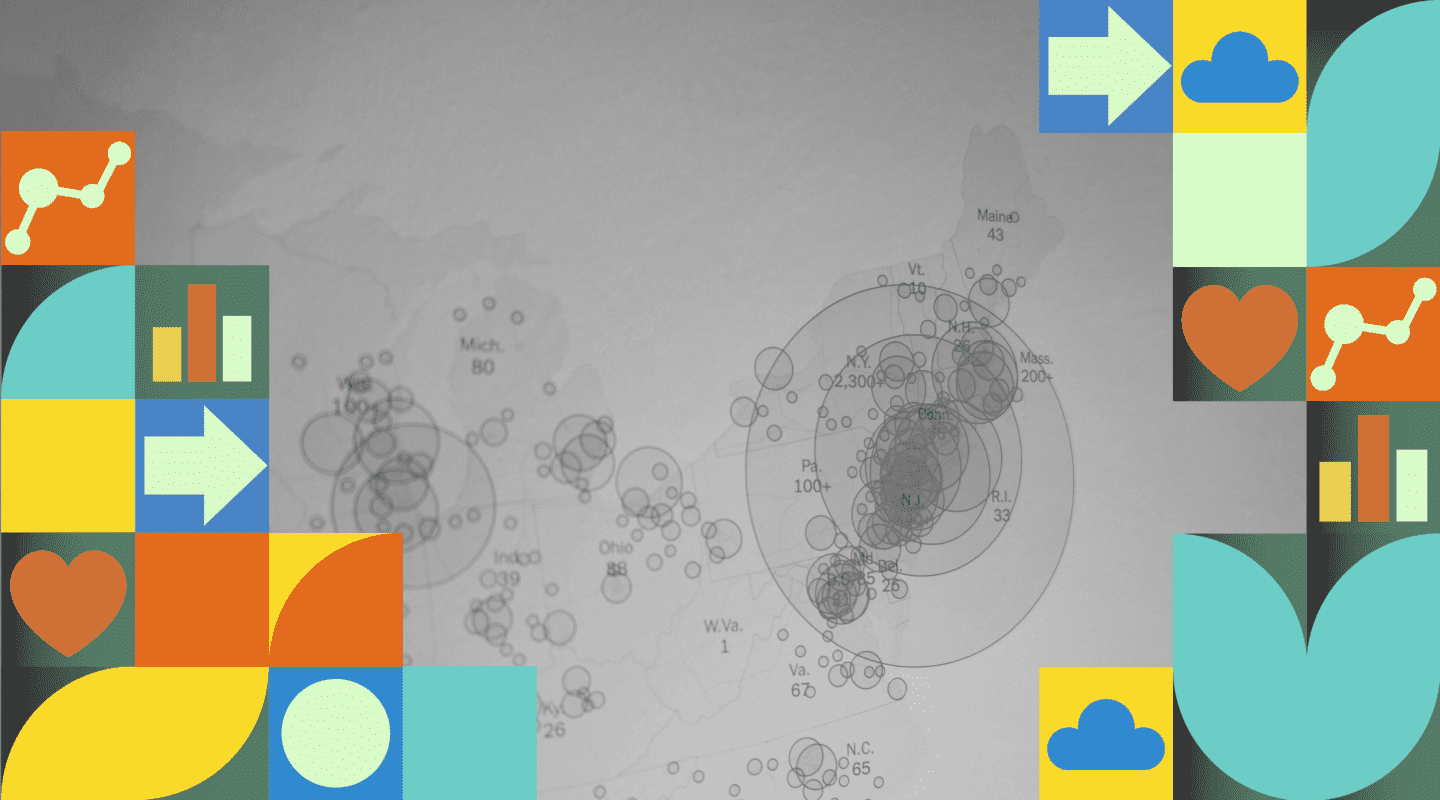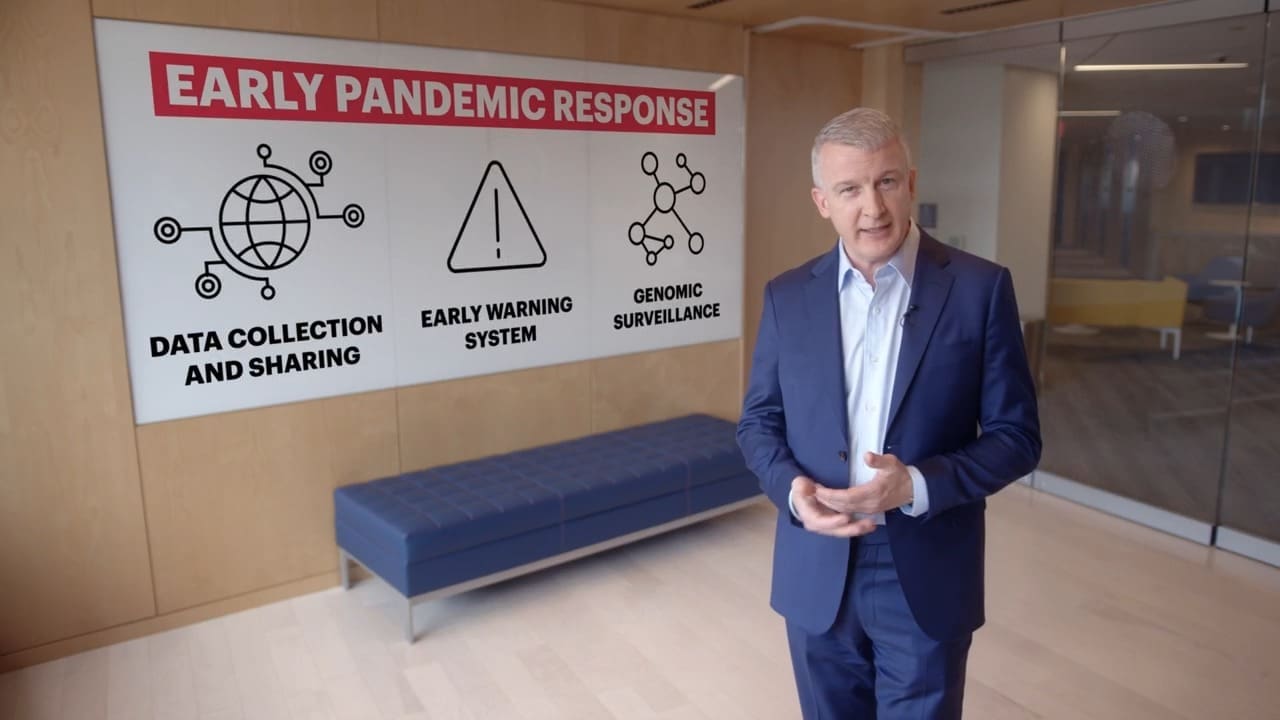The Pandemic Prevention Initiative is working closely with a global network of laboratories, non-profit organizations, governments, international organizations, and private companies to strengthen global surveillance capacity and provide actionable insights that can protect health and well-being as we learn more about new and emerging Covid-19 variants.
This page contains resources related to the Covid-19 pandemic. The situation with Omicron, emerging variants, and the broader pandemic is rapidly evolving, and information is likely to change. Check with appropriate authorities, such as the World Health Organization and U.S. Centers for Disease Control and Prevention, before making medical, travel, public health, or other decisions.
Variant Updates
We are sharing regular updates on what’s known, unknown, and what we’re watching on Omicron, new variants, and Covid-19 more broadly via Twitter.
Tracking Variants
To keep track of emerging variants, such as BA.4/BA.5, we are analyzing sequencing submissions to GISAID from labs all over the globe, wastewater surveillance from our network, and epidemiological data to make sense of things like variant prevalence, doubling times, and its potential implications for future Covid-19 surges. Given the speed of the changing situation, we recommend following us on Twitter @PPI_Insights for our latest insights.
Global Map: “What percent of SARS-CoV-2 sequences were BA.4 or BA.5 in the previous week?” An asterisk (*) indicates that less than 100 SARS-CoV-2 genomic sequences were submitted to the GISAID repository in the previous week.
Tracking Global Surveillance Systems
In order to detect novel SARS-CoV-2 variants, as well as emerging novel pathogen threats, global surveillance systems are needed to sequence circulating pathogens. PPI has been working with our partners at FIND to provide a data-driven assessment of genomic surveillance capacity. This work integrates sequencing data from GISAID, diagnostic capacity data from FIND, sequence facility data from the WHO, and case data from Our World in Data to provide real-time metrics on a country-level.
These analyses are used by our global partners and other funding organizations, including the Access to COVID-19 Tools Accelerator, to target resource allocation.
What You Can Do
Although novel variants will continue to emerge, the same techniques that countries and people use to protect themselves from Covid-19 still work:
- Get fully vaccinated and boosted if possible;
- Test to limit spread to those around you;
- Sign up for contact tracing;
- Wear a high-quality mask;
- Stay home when sick or exposed;
- Maximize ventilation and/or avoid crowded, indoor spaces.
In addition to ensuring equitable testing, treatment and vaccination globally, countries can contribute to a collective response by accelerating surveillance, sequencing of positive cases, and timely sharing of data through GISAID and other databases.
Featured Insights
- FEATURE
Vaccine Inequity Increases the Risk of New SARS-CoV-2 Variants Emerging
Robust genomic surveillance, along with transparency, communication, and global collaboration, is needed to detect and …
SEE MORE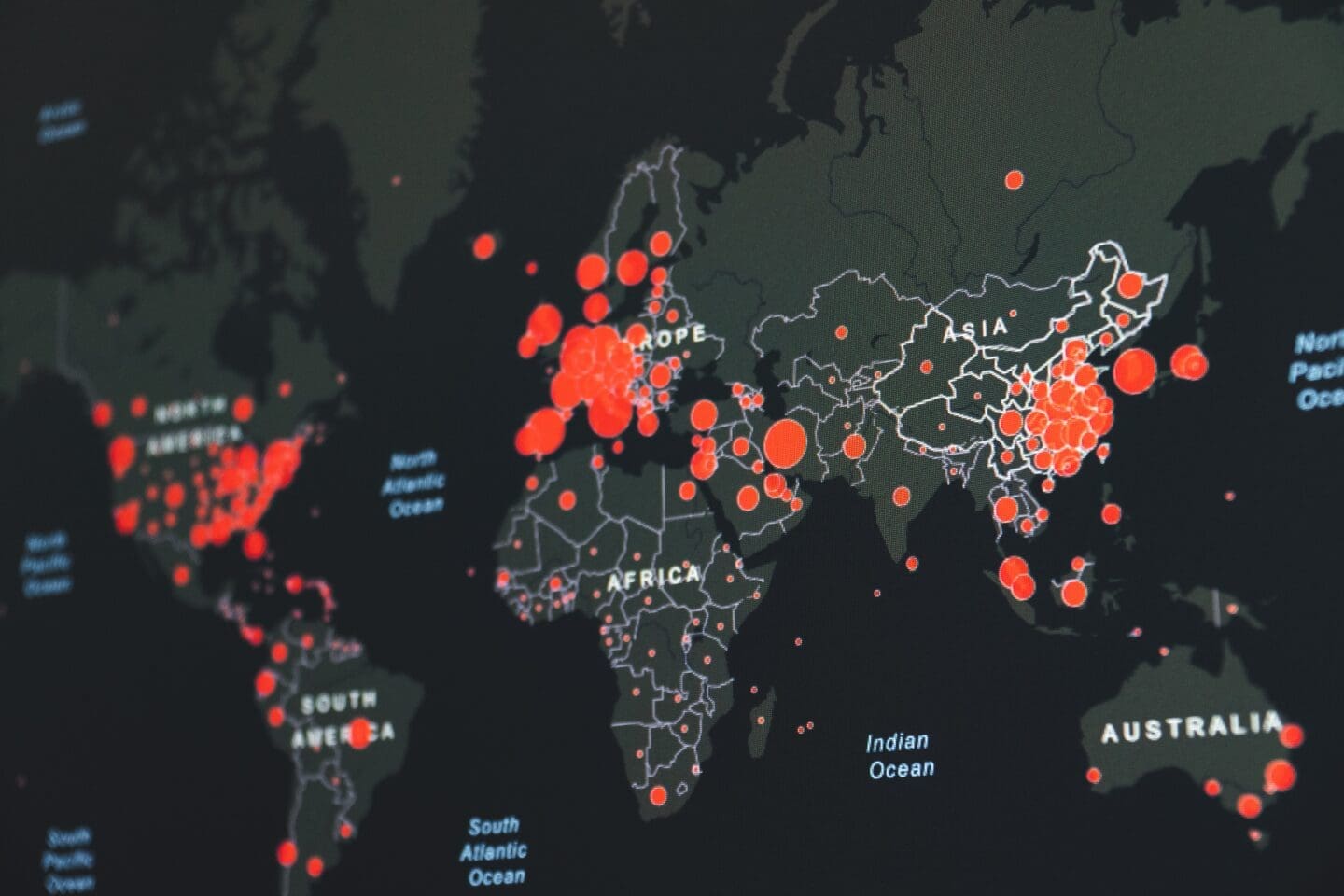
- FEATURE
Tracking State Reporting of Covid-19 Vaccine Breakthrough Infections
Today, we are releasing a reporting scorecard that evaluates U.S. state data reporting for Covid-19 …
SEE MORE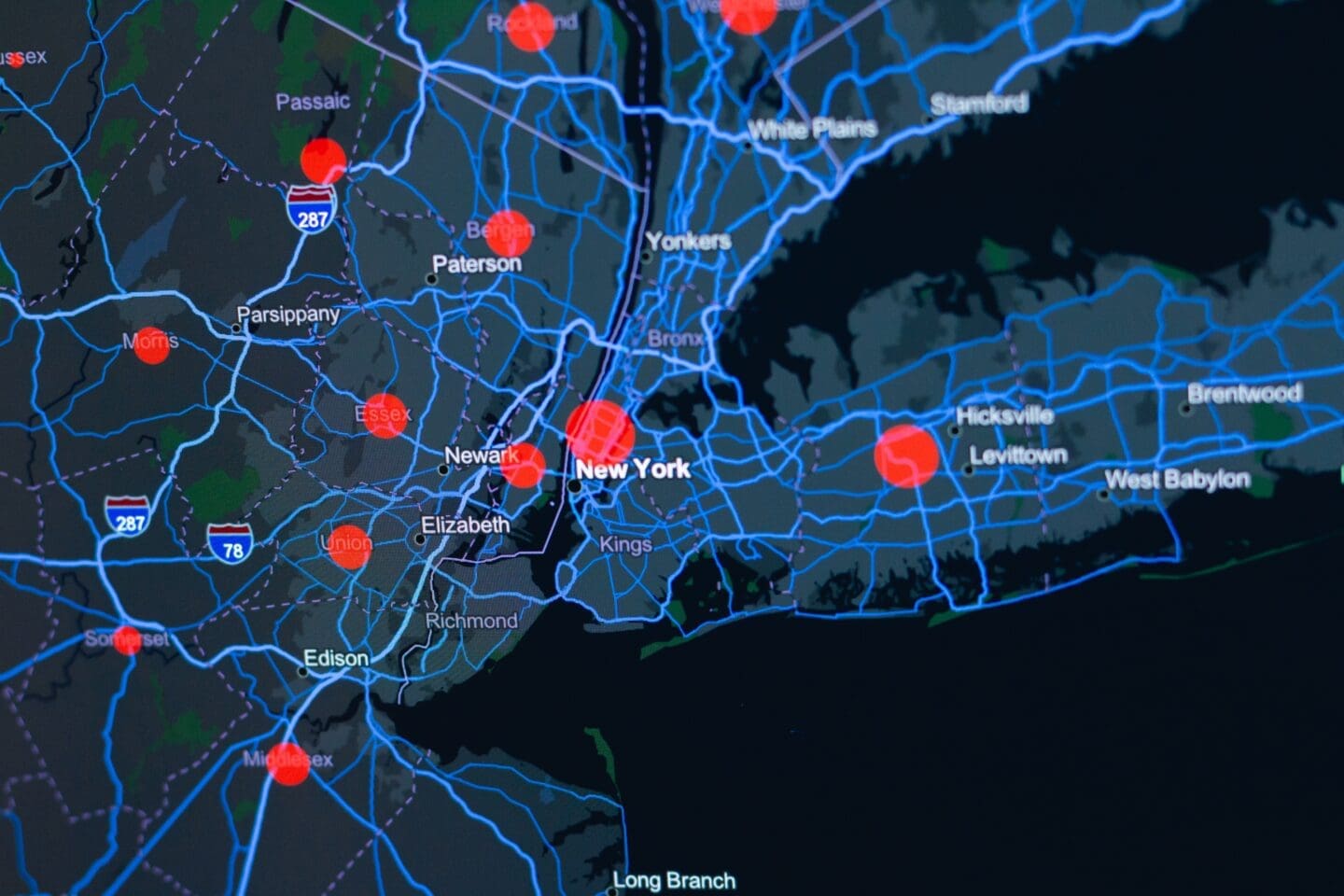
- FEATURE
Optimizing Disease Detection and Containment Through a #WasteBeforeCase Approach
When a new public health threat emerges ― like the highly infectious Omicron variant of the SARS-CoV-2 …
SEE MORE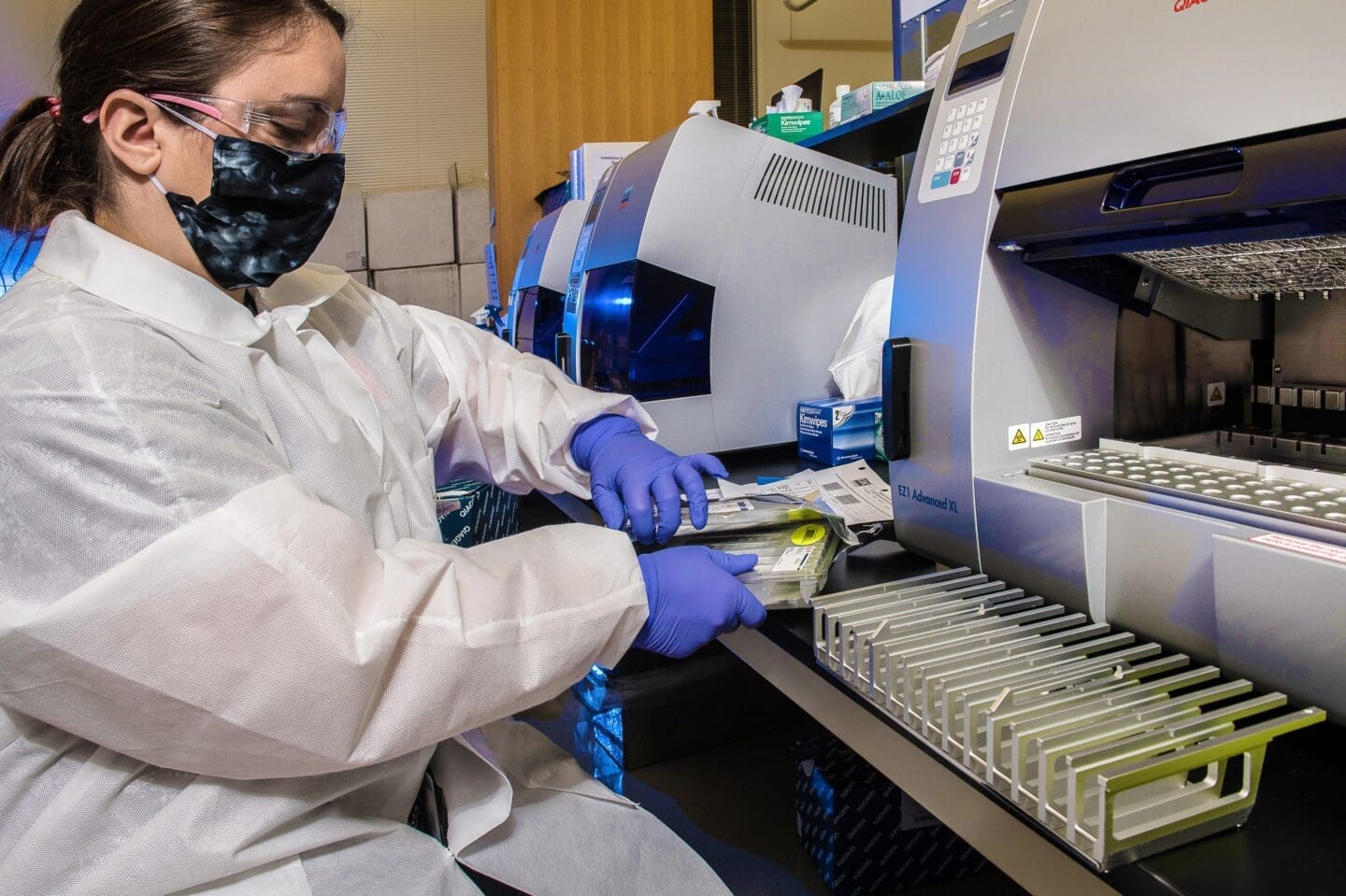
- FEATURE
Genomic Surveillance Is Essential To Track Covid-19 Variants in Both Unvaccinated and Vaccinated Populations
Technological advancements have made sequencing quicker and more affordable, but collaboration, outreach, and trust are …
SEE MORE